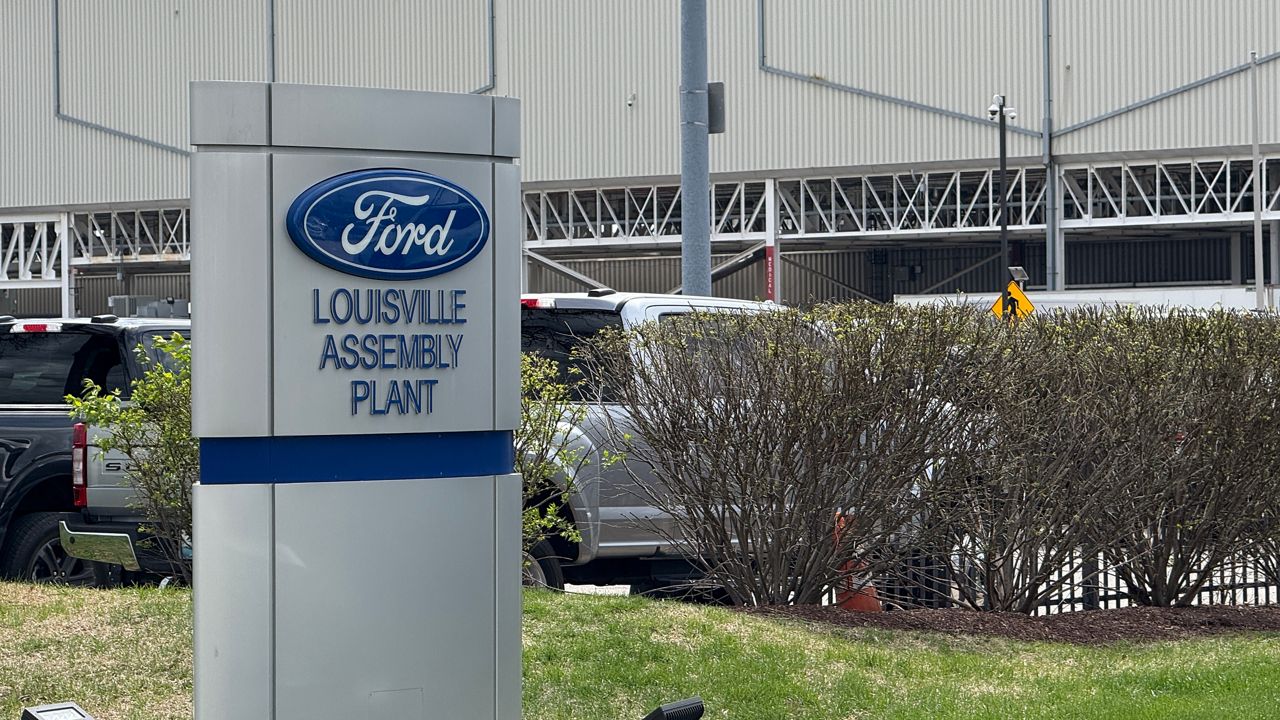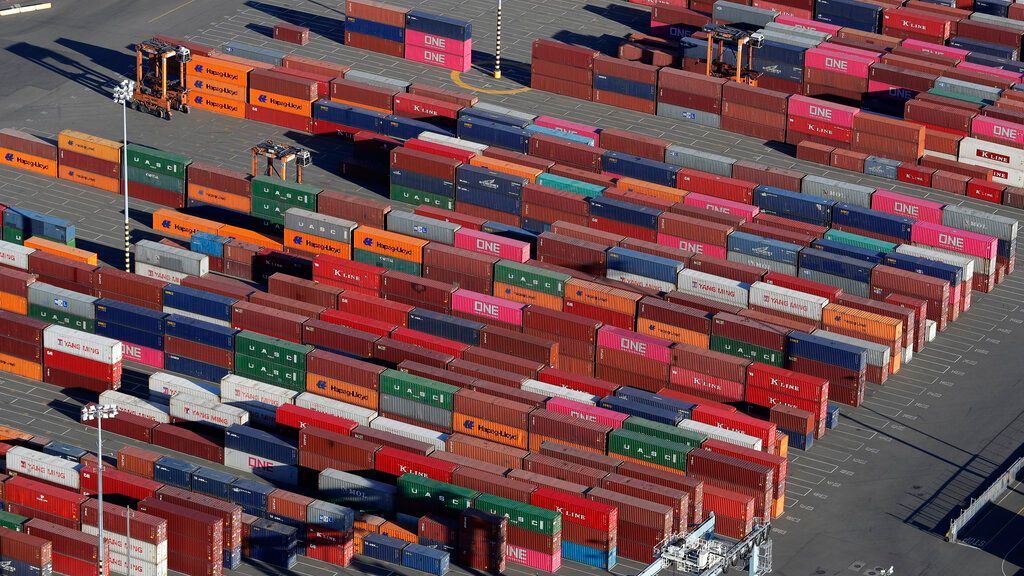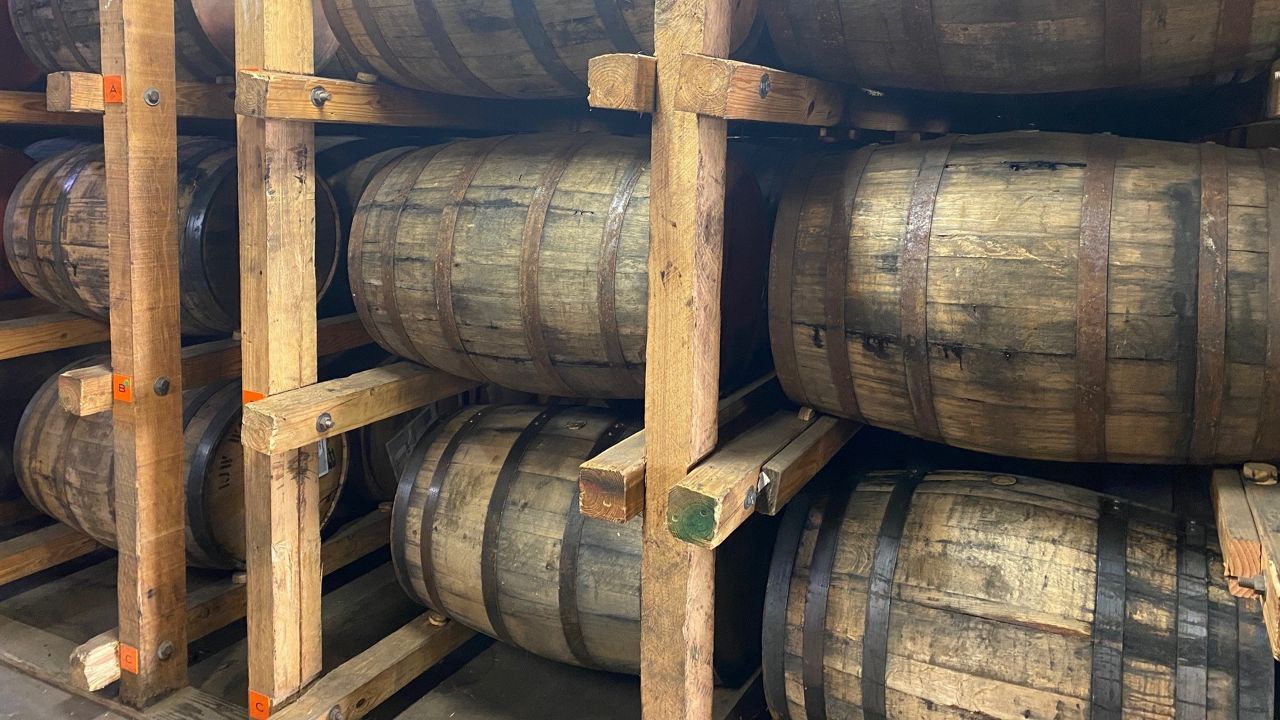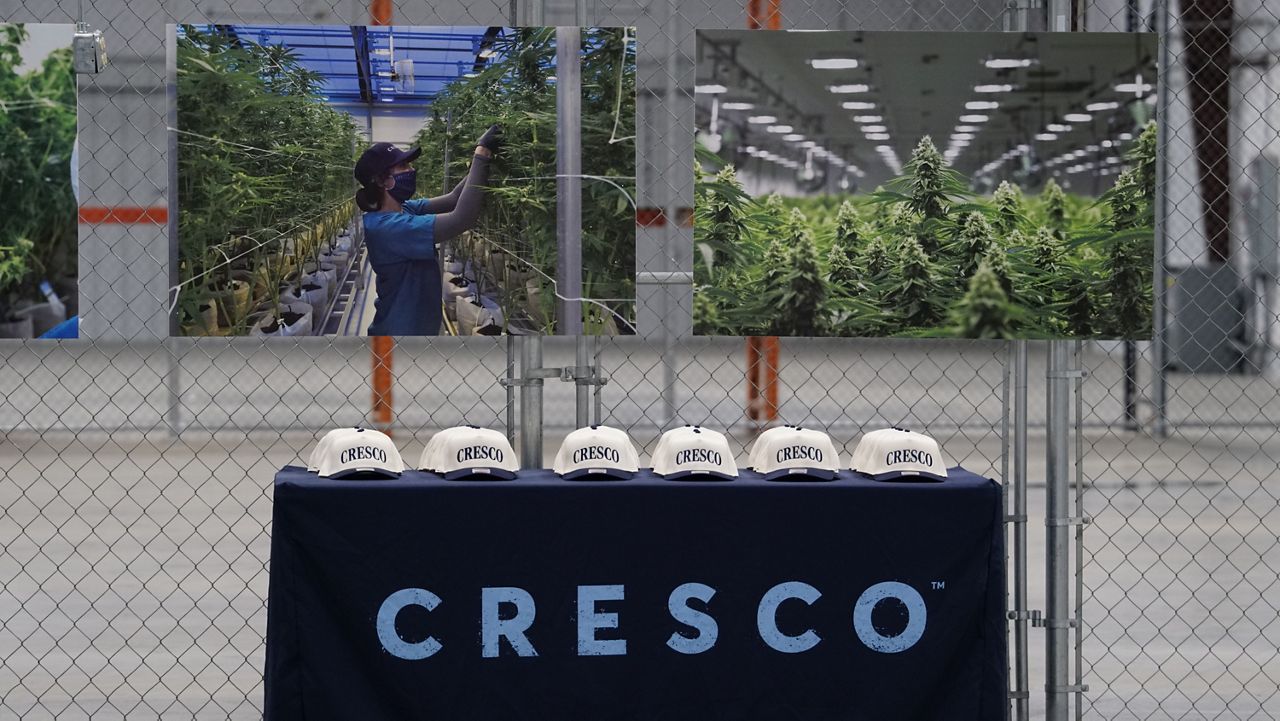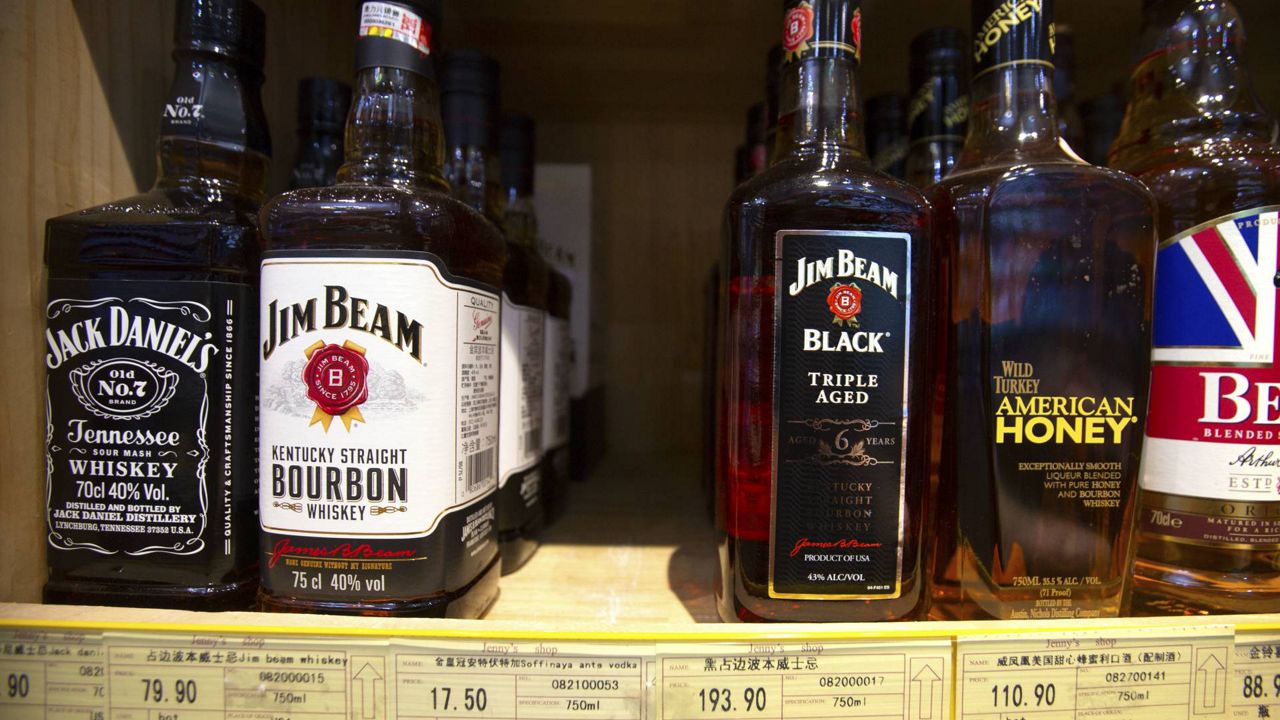LOUISVILLE, Ky. — Ford Motor Company’s top executive on Wednesday welcomed revisions to auto import rules but said more work is needed to craft trade policies that spur growth in the U.S. auto industry.
Ford CEO Jim Farley touted his company’s domestic production, saying it outpaces competitors, as he attended the rollout of the company’s 2025 Expedition SUV at its truck plant in Kentucky.
Farley focused on trade policies during his remarks to plant workers, a day after President Donald Trump signed executive orders to relax some of his 25% tariffs on automobiles and auto parts.
“The changes this week on tariff plans will help ease the impact of tariffs for automakers, suppliers and consumers,” Farley said. “But this is what we really care about. We need to continue to work closely with the administration on a comprehensive set of policies to support our shared vision of that healthy and growing auto industry. And we are not there yet.”
Farley pointed to Ford’s Kentucky Truck Plant, which employs nearly 9,000 workers, as “a shining example of American manufacturing.” Ford has another auto production plant across town in Louisville. The automaker opened the truck plant for a media tour Wednesday, showing off its synchronized assembly lines.
Farley said if competitors matched Ford’s level of domestic production, it would be a boon for U.S. manufacturing and employment.
“More than 80% of the vehicles Ford sells in America are assembled in America — plus we export significantly,” he said. “If each of our competitors matched that commitment, it would mean 4 million more vehicles assembled in America every single year.”
While Ford touts its domestic production, the automaker continues to import vehicles and parts from Mexico as well as engines from Canada.
Trump signed one order on Tuesday, April 29 that amended his previous 25% auto tariffs, making it easier for vehicles that are assembled in the U.S. with foreign parts to avoid prohibitively high import taxes.
The major car companies recently said sales rose sharply in March, with most reporting double-digit gains. For some companies, the strong performance helped make up for a sluggish start to the year. Some industry observers said the March numbers were expected to be higher because of some buying ahead of the expected imposition of tariffs.
As discussions on trade and domestic production continue with Trump’s administration, Farley called for policies that encourage exports and reward companies like Ford that export American-produced products.
“So many of the vehicles we build here are exported around the globe,” he said. “Shouldn’t we get credit for that? Those are American jobs. And we have to keep working on affordable parts to ensure that those supply chains promote domestic growth and affordable vehicles in our country.”
Ford said it is extending its “employee pricing” offer to vehicle buyers through the July Fourth weekend. Farley said the offer has “struck a chord” with consumers.





